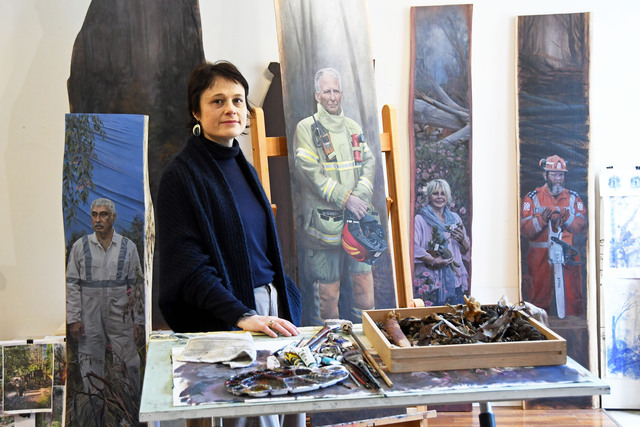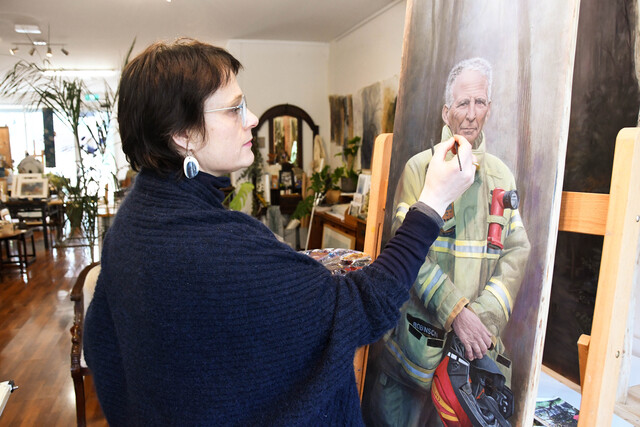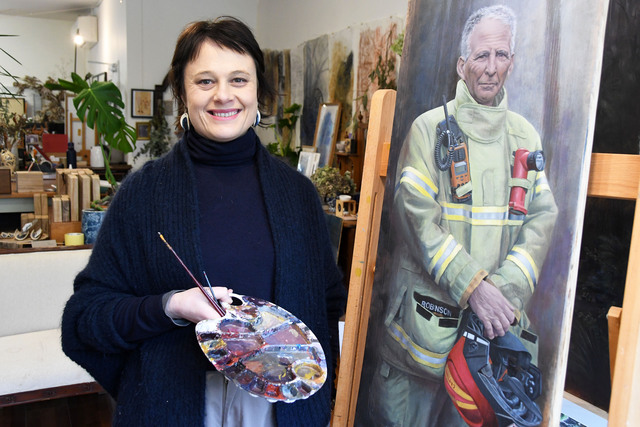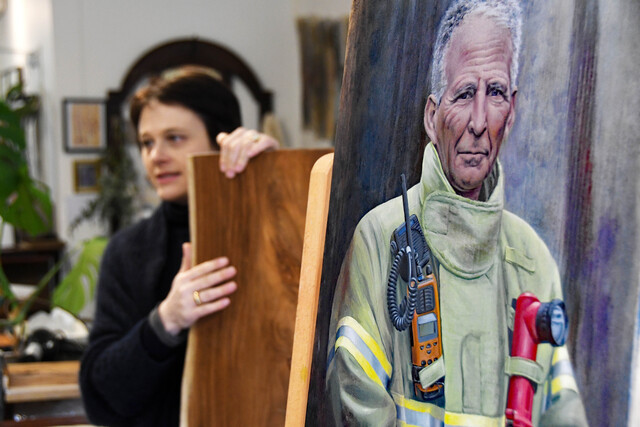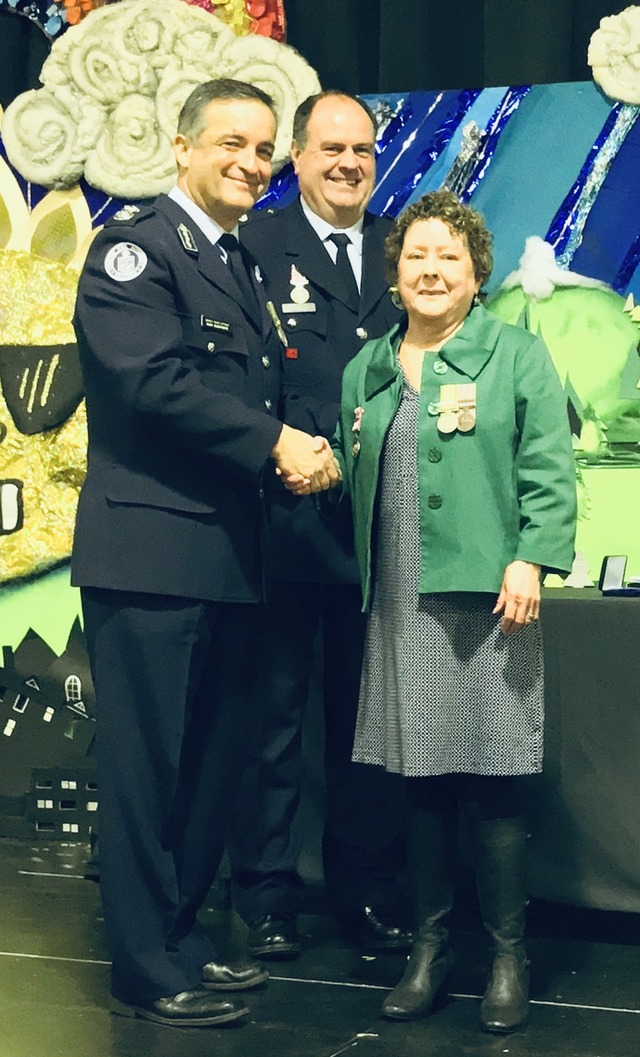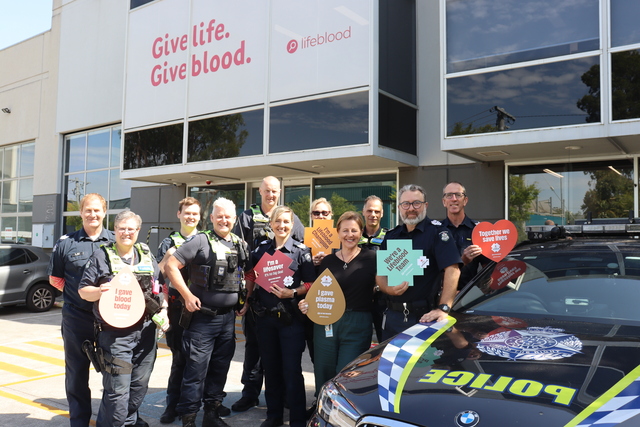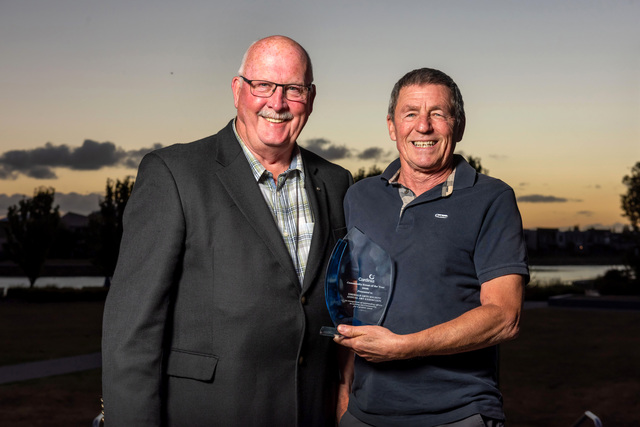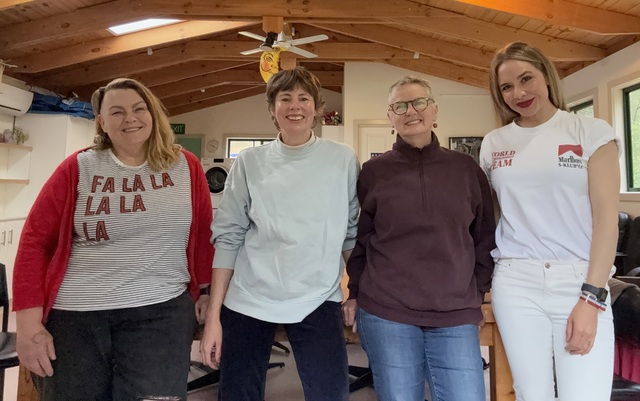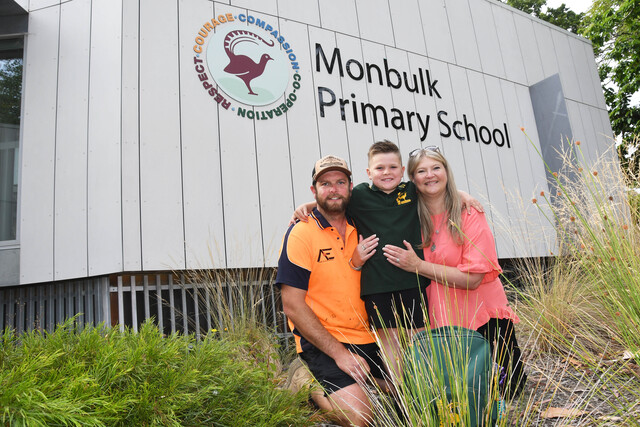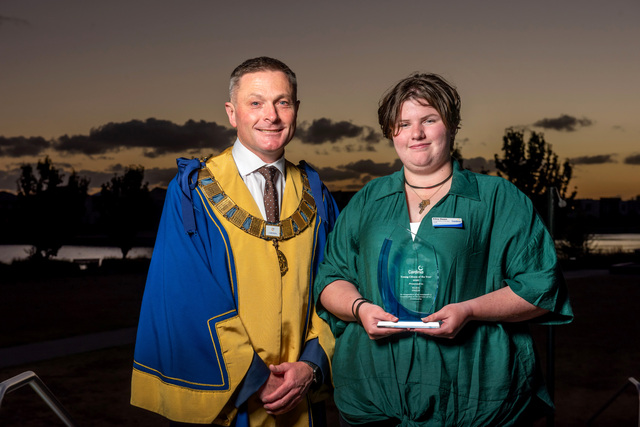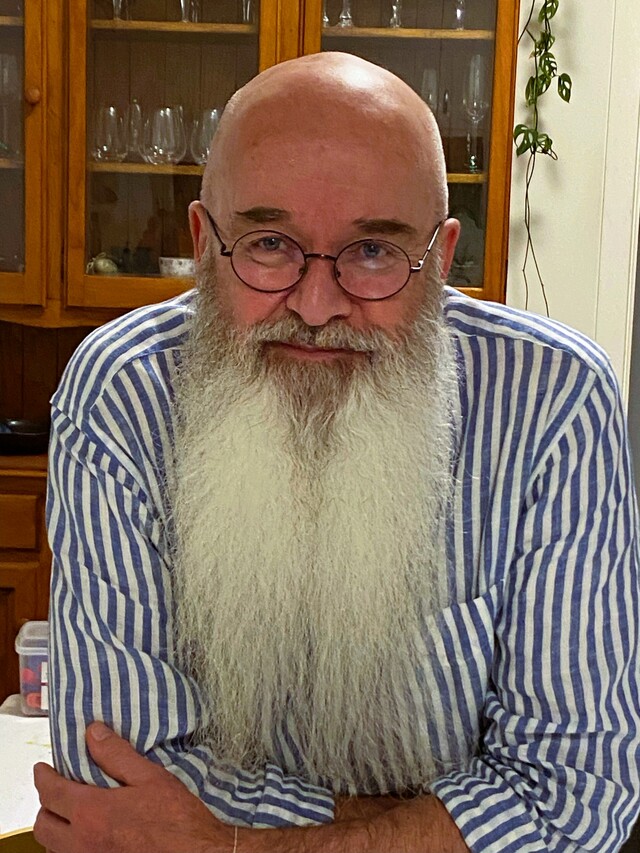Healing from the trauma of an emergency like that of the June and October 2021 storms has been deeply rooted in creative recovery for the Dandenong Ranges community. Very much at the centre of this has been Olinda-based fine artist Emma Jennings. Star Mail journalist MIKAYLA VAN LOON spoke with Jennings about her upcoming exhibition Stories of Giants and the process it took to tell the challenging but beautiful stories of the time.
For Jennings, the need to create and invite the community to be involved was “intuitive”, a way for that powerful connection not only between people but the environment to be drawn upon.
The focal point of the exhibition, opening 5 June and launching on 8 June at Yarra Ranges Regional Museum in Lilydale, is the six individual stories of people and places who represent a cross section of the broader community impacted in some way, shape or form.
Weaving together the “grief and destruction” among the “regrowth and the beauty” was all part of Jennings’ vision, to tell a tale of hope, of recovery and of resilience.
“I just really wanted to document these stories. There’s only six here, I wanted to do a lot more but they represent hundreds of people in the community who had similar stories,” she said.
“I really wanted to paint this weird and conflicting thing that happened. Throughout this whole period there’s been awful destruction and trauma and grief of people losing their homes and cars and living out of the area and moving several times.
“But then there’s this beautiful stuff that’s happened as well. The connections in the community, the friendships, the regrowth in the forest, the colours.”
The subjects of the artworks, many formed from the connections Jennings made throughout the initial recovery period at the Olinda emergency relief centre, include Kalorama CFA captain Bill Robinson, Yarra Ranges Council community recovery officer Deb Sargentson, Emerald SES unit controller Ben Owen, Red Cross volunteer Sharon, Jennings’ former neighbour Errol and Mount Dandenong Preschool.
Despite each one of these people being impacted by the storm themselves, they shifted their focus to supporting the community in the immediate aftermath of the storm.
Jennings said people like Deb were “immediately taking cups of tea out to the emergency services” but it was the ongoing support through her program via the council called Healing Our Gardens that inspired the artwork.
“The council supported community volunteers to go around as a group and have working bees in each other’s gardens. Obviously, houses were damaged but the gardens as well and there’s a lot of people out here who care deeply about their gardens,” Jennings said.
“It’s the reclaiming of a small space that is manageable while there’s chaos all around everywhere else
“She’s just one of those people who is truly generous and kind and compassionate and has taken care of lots and lots and lots of people in their community who’ve been really impacted. She goes above and beyond, clocks off her regular shift at work and then keeps working through to do all the other extra stuff to help people.”
Belgrave resident Sharon, who had a tree fall through her home on the night of 9 June, “was up the next day with her friend doing welfare checks with trauma teddies the Country Women’s Association knit”.
In the background of the painting, Jennings said it “a hint of the view that has now opened up” is depicted, another conflicting notion of beauty and sadness where sunshine now peaks through “these big gaping holes” where trees once stood.
The story of former Kalorama resident Errol shows the all too common presence of blue tarps covering roofs where fallen trees had left openings in the once solid structures.
“He had five trees come through his place when they were in it. The blue tarp over the house signifies everyone’s struggle with the rebuilding process, with insurance and inadequate builds and repairs that people have to often redo or just choose to live with because it’s just so painful going through that process again when something’s not done properly.”
Errol and his family decided to sell the property completely and move from the mountain.
Revisiting the house when Jennings was in the early stages of the artistic process, she said although the beauty was all around him Errol found it hard to witness.
“There was mess and chaos because it was so overgrown and there were logs and debris everywhere but it was spring and so there were these beautiful bulbs coming up and the blossom was hanging over the roof,” she said.
“He remembered planting a lot of these things with his children when they were little but he was so stuck in his trauma, he couldn’t see it.”
Deb said for her, each piece offered hope and “enables us to rest in each piece and to see what we have experienced reflected” but through a lens of connection, support and a feeling of not being alone.
“We are a really tight community anyway and the storm pulled us together in ways that many of us didn’t expect, it tore us apart, but it also brought us together in many ways,” she said.
“To have someone who is from within our community actually help express what we have experienced in a way that is deep and beautiful and raw and healing is really powerful because it helps each of us move forward in our own way.”
Every painting started with a raw conversation about what was lost but also found during a time of such destruction.
“They have to feel comfortable sharing their story with me and so it’s about building trust with the person and then I’ll visit their place and sit down with them and just listen to their experience,” Jennings said.
“I take a lot of notes and do some sketches. I’ll take photos as we walk around their place because I wanted it to be about them in their experience and being in their space is really important.”
Back in the studio, Jennings then sketches and drafts the concept before putting paint to canvas, which in this project were sheets of salvaged timber from Treasuring Our Trees and Rescue Logs.
The nature of painting to scale on timber, although telling a story in and of itself, was not without its challenges.
“The composition was a real challenge because it’s so tall and skinny and the scale, so I wanted them all to be actual size but they would have been too broad for the slabs I was given.
“Then also how do I fit their story around them. Where do you place the figure and which parts do you focus on or leave out? Which parts are more important? And how do you make it flow?”
With the timber an essential part of the artwork and the idea for the viewer to be at eye level with each subject, the exhibition will allow the viewer to walk around the artworks which will be propped up on boxes.
“The timber itself is a really important part of the story. It’s acknowledging the life of the tree as well and the story of the tree.
“So you get the story of the person and the community and what they’ve been through but this is also the story of the forest.”
In an irony only known to Hills residents, Jennings said even with all the devastation and loss caused by the forest, she and much of the community have such a connection to the land of the Dandenong Ranges that the consideration of leaving the area was unfathomable.
But having the space to accept and move forward with love of place, to heal, to remember and to reflect, were all intentions Jennings set when starting the project two years ago.
She passed on this ability to the community through creative recovery workshops, allowing groups of people to tell their stories through art – a second and important aspect to the exhibition.
Residents from across the Yarra Ranges are invited to experience the exhibition, to walk in peace with the artworks and to find comfort in their depth.
Yarra Ranges Regional Museum is located on Castella Street in Lilydale. Stories of Giants will be open until 8 September.

